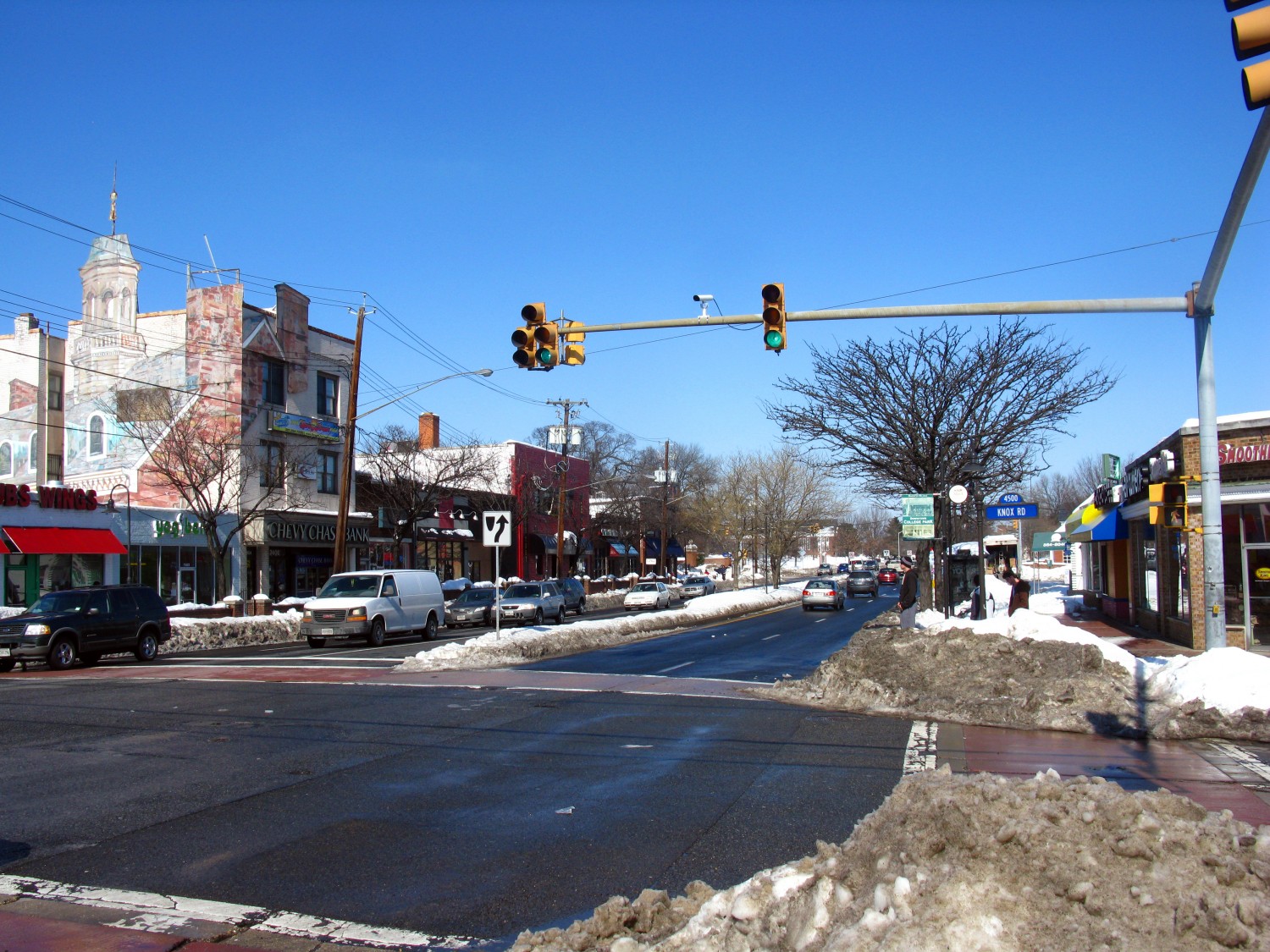Views expressed in opinion columns are the author’s own.
The College Park City-University Partnership’s homeownership program strives to improve the College Park community by offering University of Maryland and city employees $15,000 zero-interest loans that are forgivable after 10 years. In addition to enhancing the city’s sense of community, this program offers considerable economic and environmental benefits for everyone involved.
[Read more: Univ, city and CPCUP expand assistance for those looking to live in College Park]
The program, established in 2015, is relatively new, but has been successful. College Park welcomed 62 new residents through the program so far. The partnership also recently received a major grant from the Maryland Housing and Community Development Department.
The program’s success can be attributed to its missions of “reducing commutes, strengthening neighborhoods, and supporting our local economy.” Living where you work is convenient for homebuyers, and even the possibility of being saved from daily rush-hour beltway traffic may be enough to interest a university professor in this program. And as they reel in new residents who can contribute to and grow the local economy, live-where-you-work programs also present a potential for environmental benefits.
While sitting in traffic for several hours a day is definitely annoying, the carbon emissions from those vehicles also contribute to climate change. Maryland has pledged to limit air pollution on a statewide scale, but our individual ability to contribute is undercut by the time we spend commuting every day.
For those part of the live-where-you-work program in College Park or similar homeownership programs, it is much easier to take sustainable transportation or even walk to work. In many cases, driving a car is no longer essential to a career in the city.
Suburban sprawl, which is a low-density housing development pattern, has created a vehicle-dependent culture that contributes to the degradation of the planet. Within this culture, employers, colleagues and strangers assume that others have cars in order to travel far distances for work or school. People have grown accustomed to living this way, but it’s not our only option. Homeownership programs like the one spawned from the partnership provide a solution to unnecessary carbon emissions by inviting people to settle in the community in which they work.
Sydney Wess is a junior art history and broadcast journalism major. She can be reached at swess@terpmail.umd.edu.



